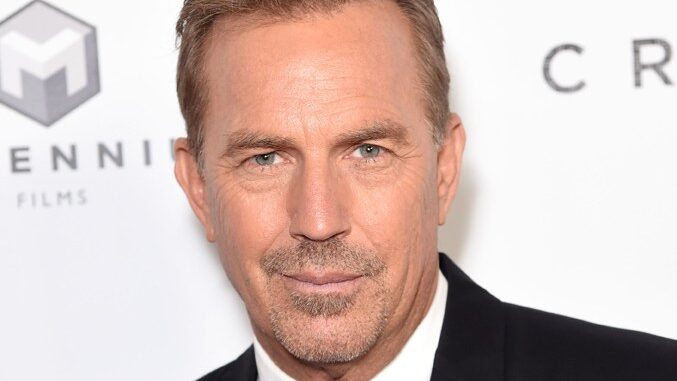
What’s Next After Dutton: Kevin Costner on Life, Work & Evolving in His 70s
The dust of the Yellowstone Dutton Ranch, thick with ambition and the scent of sagebrush, has barely settled. For four seasons, Kevin Costner embodied John Dutton, a patriarch as weathered and unyielding as the Montana landscape he fought to protect. Dutton was a role that, for many, reinvigorated Costner’s presence on the cultural stage, reminding us of the formidable, often stoic power he brings to the screen. But as the iconic cowboy rides off into an uncertain future on the show, the real question turns to the man himself: Kevin Costner, now navigating his 70s, what exactly is next for a legend who seems to defy the very concept of slowing down? His evolution isn’t about fading into the sunset; it’s about a relentless pursuit of creative control, a deeper immersion in the stories that truly resonate, and a testament to the idea that life’s most compelling chapters can be written well into one’s golden years.
To understand Costner’s “next,” one must first acknowledge the shadow and the light of Dutton. The role was a masterclass in his quintessential persona: the principled man facing overwhelming odds, the quiet strength that underpins a world of chaos. It cemented his place as the modern face of the American West, a lineage he’s cultivated since Dances With Wolves and Open Range. Yet, the departure from Yellowstone wasn’t merely a professional decision; it was a powerful illustration of a man prioritizing his artistic vision over even the most successful of commercial enterprises. This isn’t the act of a fading star; it’s the declaration of a seasoned artist asserting control over his legacy.
The most potent illustration of Costner’s evolving journey in his 70s is undoubtedly “Horizon: An American Saga.” This monumental, multi-part Western film series, which he is writing, directing, starring in, and reportedly financing himself, is more than just a project; it’s an obsession, a lifelong dream finally taking tangible form. At an age when many contemplate retirement, Costner is pouring his very being into a narrative sprawling across a century and a half of American expansion. This isn’t just “work” in the conventional sense; it’s an all-consuming passion project that speaks to a profound need to tell a particular story, on his own terms, with no compromises. It’s an act of courage, a defiance of industry norms, and a clear indication that his creativity isn’t just alive; it’s surging with a newfound, unapologetic intensity.
But “evolving in his 70s” extends beyond the monumental undertaking of “Horizon.” It encompasses a deeper understanding of life, of what truly matters when decades of experience have etched themselves onto one’s soul. For Costner, this seems to translate into a greater focus on authenticity, both in his professional choices and his personal life. While details of his private world remain, by and large, guarded, his public persona has always projected a sense of integrity, a man connected to the land and to fundamental values. One can infer that at this stage, the clamor of fleeting fame holds less sway than the quiet satisfaction of a job well done, of stories told with conviction, and perhaps, of a renewed appreciation for family and the simple rhythms of life away from the spotlight. His recent personal challenges, met with a characteristic private dignity, further underscore a period of profound re-evaluation and recalibration.
Costner’s journey is an illustrative essay on continuous growth, a living blueprint for embracing what’s next rather than dwelling on what was. He exemplifies the power of an unyielding artistic spirit, proving that the accumulation of years doesn’t diminish ambition but rather refines it, focusing it like a laser beam on the narratives that truly demand to be told. The Kevin Costner of his 70s isn’t merely an actor taking on new roles; he is a master storyteller, a cinematic architect building worlds not just for an audience, but for himself, to satisfy a deep, inherent drive to create. His “next” isn’t a single project but a philosophy: one of unfettered artistic freedom, profound personal investment, and an unwavering commitment to the stories that define us, cementing his legacy not just as a star, but as a genuine American auteur, ever evolving, ever onward.
